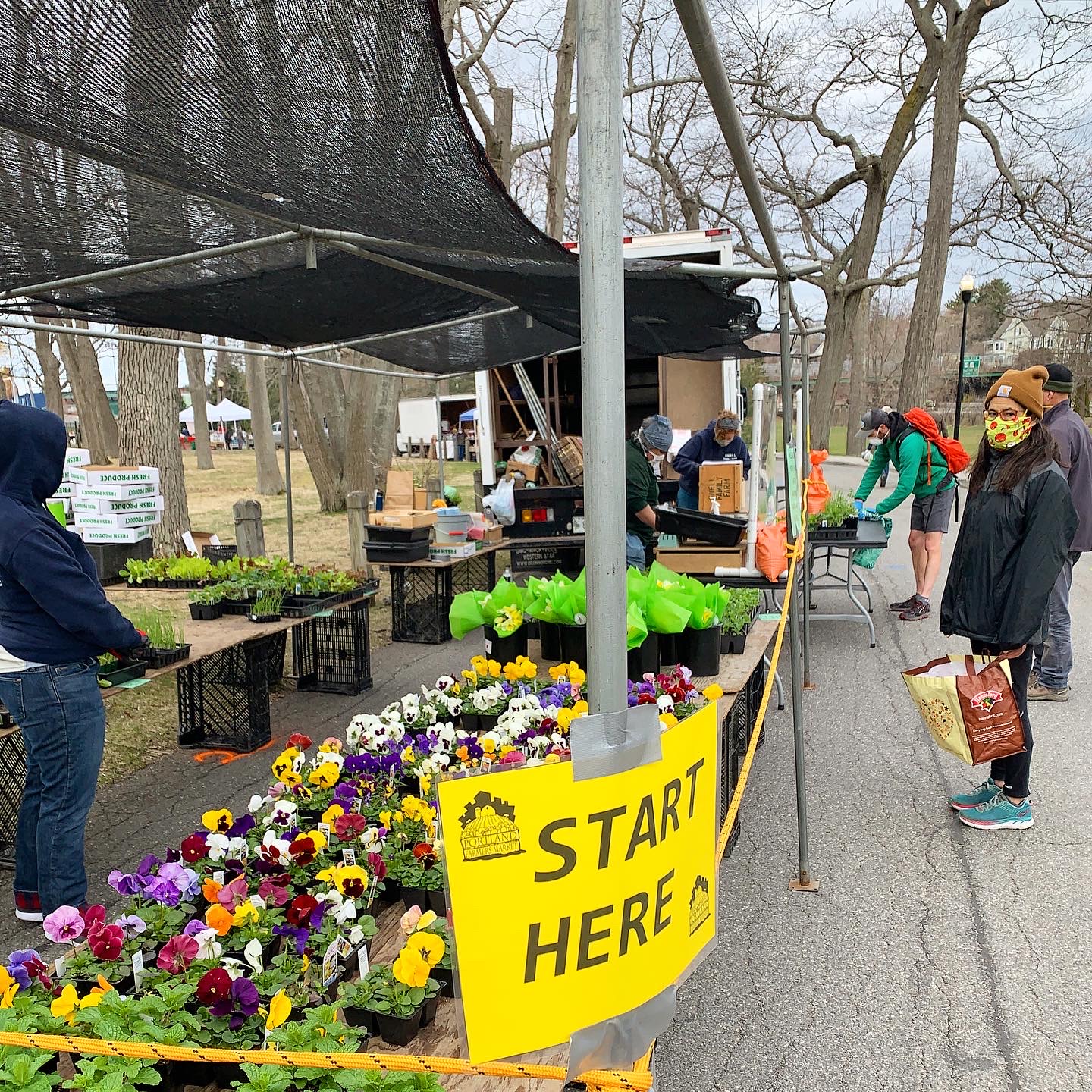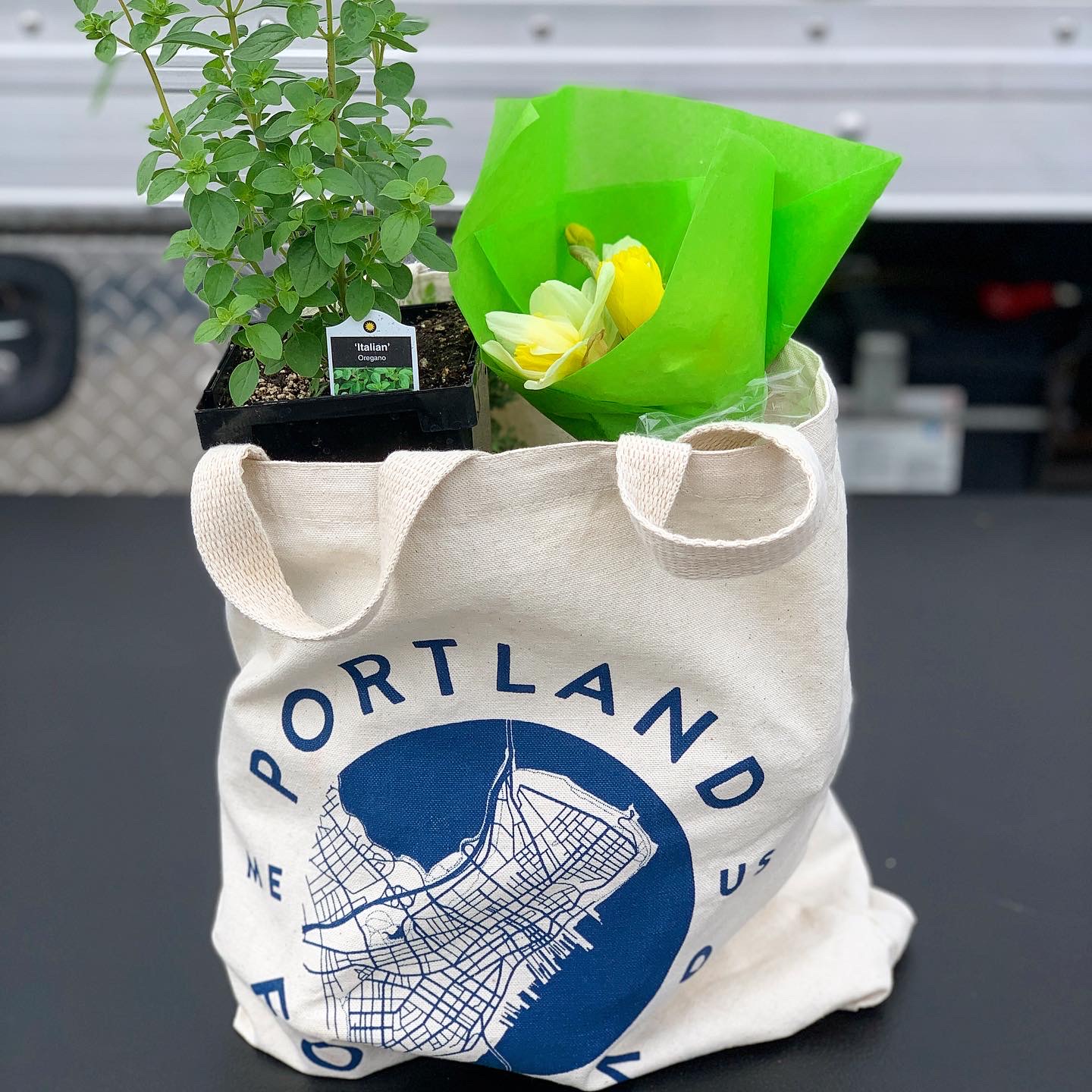Down East has published an article about prolific seed saver and founder of the Scatter Seed Project William Bonsall,
“It’s extraordinary,” says Albie Barden, a fellow seed saver in Norridgewock, who focuses on heirloom corn. Bonsall, he says, is a “living treasure.” Twenty years ago, Barden approached him for a few kernels of flint corn once widely cultivated by Native people in New England. Bonsall sent a packet of a variety called Byron, which he’d collected years before from an elderly Wilton resident with a few ears stored in a shoebox. Barden and others have since found the variety to be reliable, disease resistant, and delicious. Now, it’s beginning to catch on among small-scale farmers, Barden says, and has great potential to become a more widespread crop. If not for Bonsall, the lineage might have died out in a shoebox.
and the Press Herald has published a report about a significant increase in seed sales this year as Mainers plant more home gardens.
Seed sales for this time of year have spiked like never before, local and national garden supply sellers say. It’s a trend fueled by people stuck at home with time on their hands, worried about short-term grocery trips and long-term food availability. Some are first-time gardeners, others are starting their gardens earlier than usual – with seed starter kits on the kitchen table – or planning bigger gardens. Some are using gardening as a project for kids being schooled at home.

